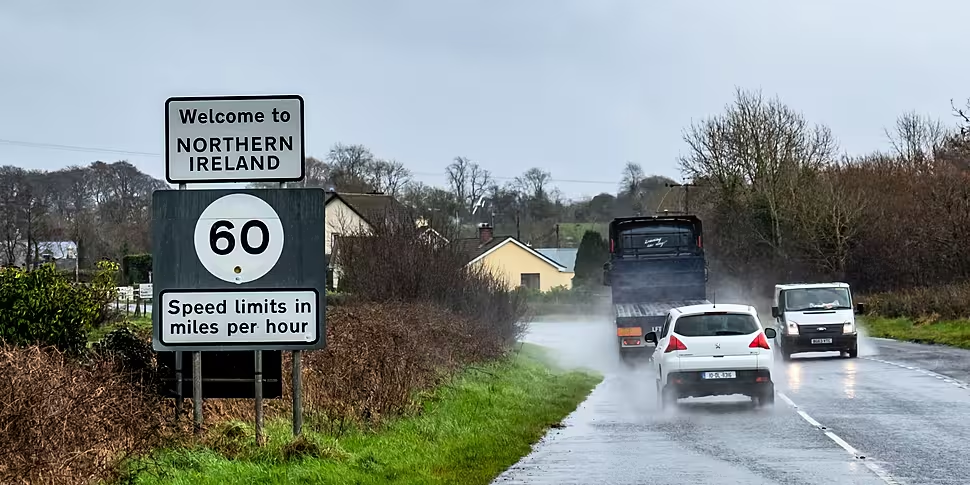Tourism between the Republic of Ireland and Northern Ireland has tripled in the last decade, according to an all-island tourism report.
The tourist industry on the island of Ireland provides almost €17 billion in gross value added (GVA) to the economy, according to the Ulster University and Dublin City University report.
According to the study, over 1.3 million cross-border visits were made to Northern Ireland in 2023, compared to almost 400,000 in 2013.
In 2013, less than 100,000 cross-border trips were made per quarter, which grew to 300,000 visits in 2023.
In the years following the pandemic, over 200,000 trips per quarter have been recorded.
Visitors to Northern Ireland are more likely to be visiting friends or relatives rather than on holiday or a business trip.
Of those visiting friends and relations, almost half will stay with them.
 An Enterprise train from Belfast at Dublin's Connolly Station, 5-4-19. Image: David Broadbent / Alamy
An Enterprise train from Belfast at Dublin's Connolly Station, 5-4-19. Image: David Broadbent / AlamyExamining the impact of the ‘staycation’ on domestic and international tourism, the report found a “buoyant and resilient tourism industry” across the island.
Visitors from England, Wales and Scotland make up two-thirds of visitors to Northern Ireland, compared to one-third of visitors in the Republic.
According to the report, international visits in the period 2013-2019 grew by 33% in Northern Ireland and 46% in the Republic of Ireland.
The Republic of Ireland had approximately 4.3 times as many trips by international visitors compared to Northern Ireland in 2019, while the tourism industry in Ireland is 4.8 times larger at €13.8 billion.
The Republic also reported, however, that spending 7.6 times more expenditure at €4,784 million.
Tourism in Northern Ireland
Ulster University Senior Economist Ana Desmond said the report shows “how the international and domestic visitor market has both grown and diversified”.
“Tourism growth and development is a natural area for cooperation across the island and has been ongoing for many years,” she said.
“It will need this quality to tackle the current challenges which have been identified by businesses on both sides of the border, which include labour market shortages and concerns over the cost of doing business.”
DCU Vice-President for Research Professor John Doyle said the study’s findings “highlight a real opportunity for economic growth, for businesses to grow their income and profitability" in the Republic and Northern Ireland.
“Public policy needs to move beyond the current levels of cooperation, to build a single tourism offering, in marketing, visa requirements, tax and regional development policy, and, perhaps most crucially, in the perception of the visitor,” he said.
The research paper notes that Northern Ireland has a lower starting point for tourism growth and development, given the legacy of conflict in the region.









